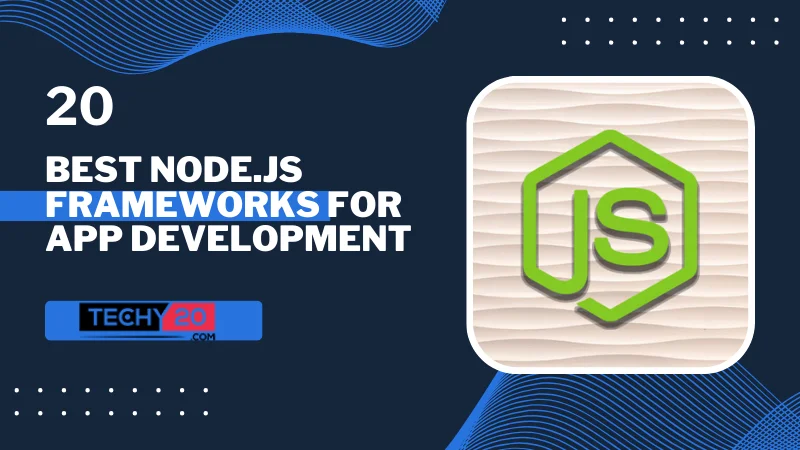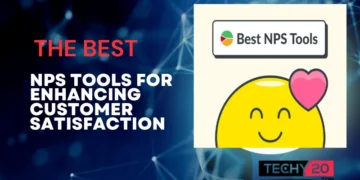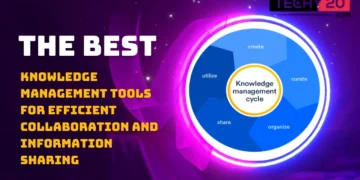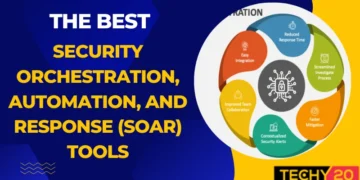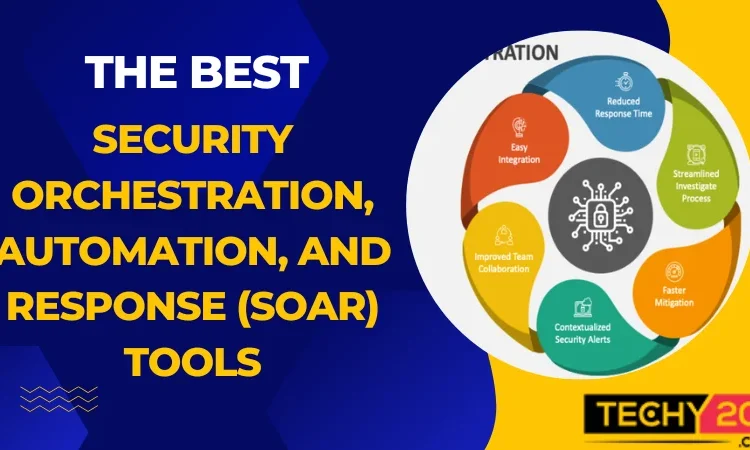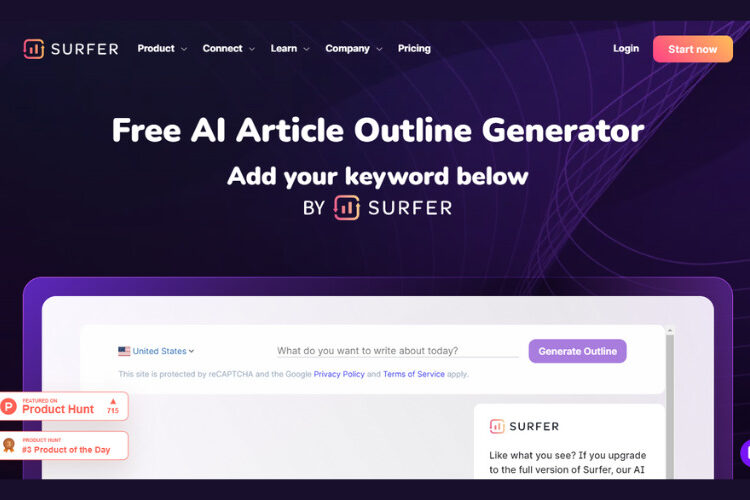Node.js is a robust JavaScript runtime environment that empowers developers to create server-side applications that are speedy, scalable, and efficient. One of the factors behind its popularity is the availability of an array of frameworks that harness the capabilities of Node.js. This article will delve into the 20 Node.js frameworks designed for app development. These frameworks equip developers with tools and features to streamline the development process and construct applications.
1. Express.js
Express.js is a web application framework for Node.js that embodies simplicity and flexibility. It offers an interface for building web and mobile applications. Developers gravitate towards Express.js due to its user nature, performance, and extensive middleware options.
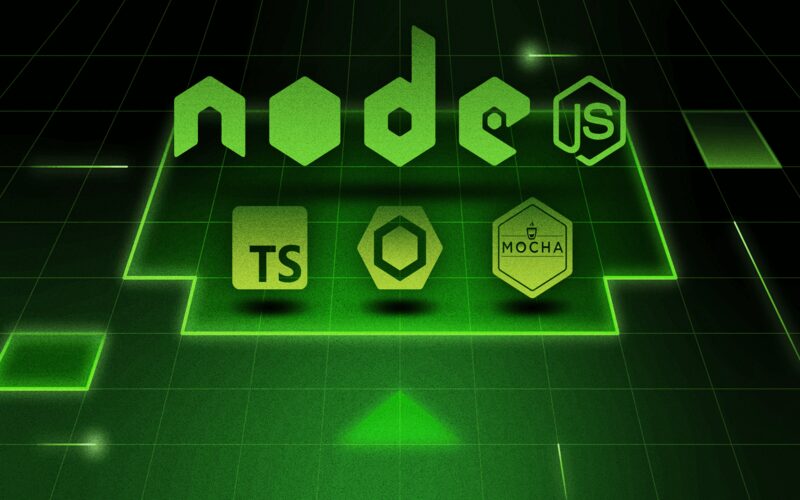
2. Koa.js
Koa.js represents a next-generation web framework developed by the creators of Express.js. It prioritizes enhancing the developer experience while tackling callback complexities by implementing async functions. Koa.js boasts a modular design, making it an exceptional choice when constructing maintainable applications.
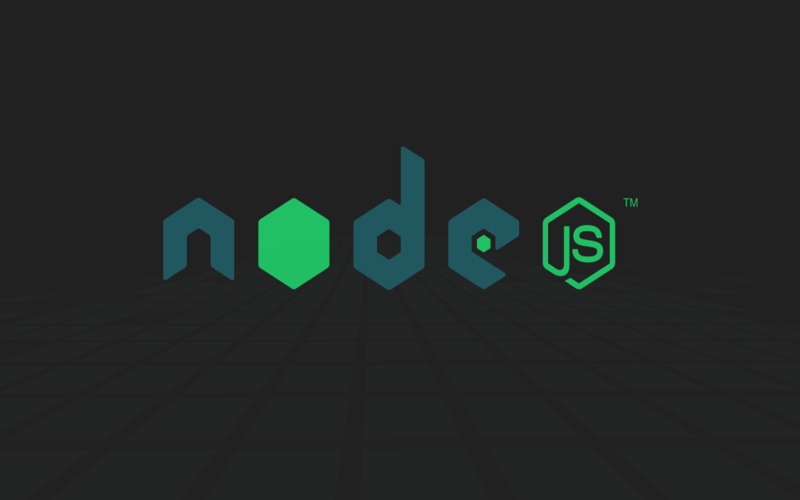
3. Hapi.js
Hapi.js is a versatile framework tailored explicitly for developing application programming interfaces (APIs). It emphasizes configuration instead of coding, offering a range of features, including routing, input validation, caching, and authentication. Hapi.js has gained a reputation for its plugin system, contributing to its customization and expandability.
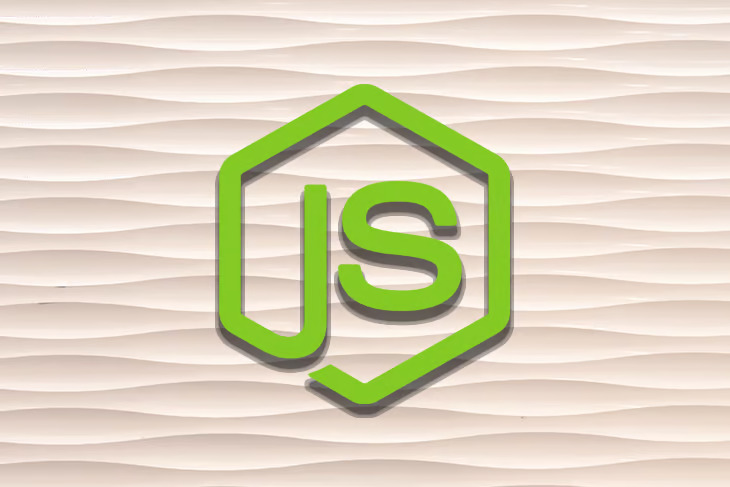
4. Sails.js
Sails.js is an MVC (Model View Controller) framework built on Express.js. It streamlines the process of creating applications requiring rehearsal-time dates and data integration by following a convention-based approach rather than relying heavily on configuration. Sails.js is especially suitable for developing applications that need to scale and foster collaboration.
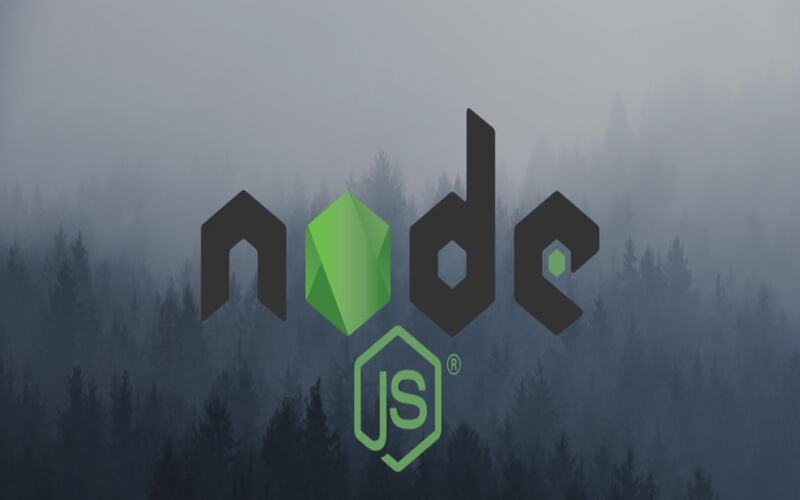
5. Nest.js
Nest.js is a framework that allows developers to create server-side applications. It combines the power of TypeScript and the flexibility of JavaScript to deliver an architecture and an exceptional developer experience. Nest.js makes use of decorators and dependency injection to construct testable applications.
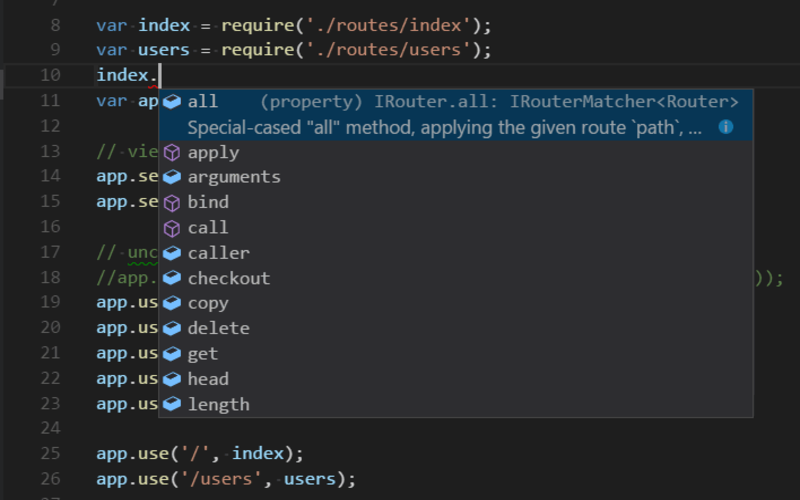
6. Meteor.js
Meteor.js is a JavaScript framework that empowers developers to build real-time web, mobile, and desktop applications. It simplifies development by seamlessly enabling code to be written and deployed across environments. Meteor.js comes bundled with features like data synchronization, hot code reloading, and robust build tools.

7. LoopBack.js
LoopBack.js is an open-source framework designed for developing end-to-end APIs. With its user command line tool, generating models, data sources, and RESTful APIs becomes effortless. LoopBack.js supports data sources such as MongoDB, MySQL, and PostgreSQL, among others.
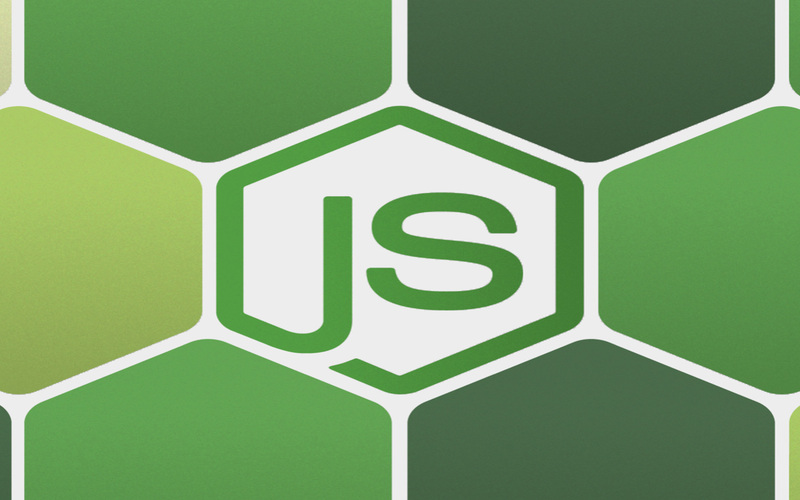
8. Adonis.js
Adonis.js is a framework built for creating server-side applications with robustness and scalability in mind. It follows the MVC pattern while providing features like routing, middleware support, seamless database integration, and more. Adonis.js boasts an API design geared toward enhancing developer productivity alongside a foundation.
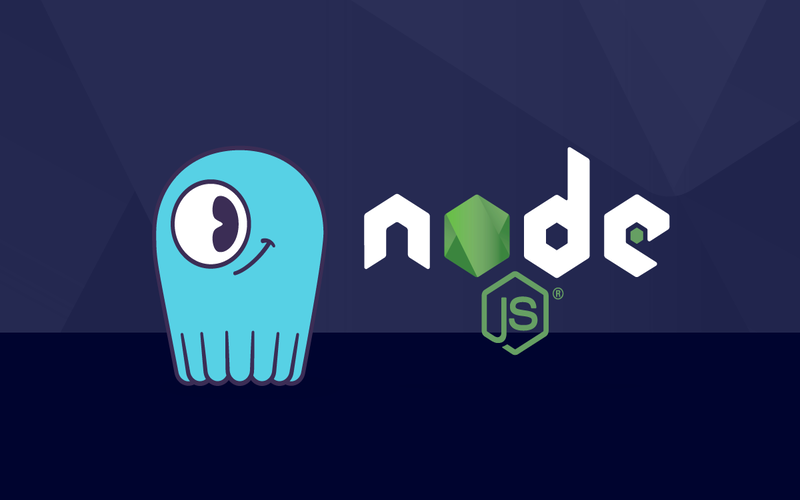
9. Total.js
Total.js is a framework that provides everything you need to build web applications and APIs. It comes with various features, such as real-time collaboration, integration with NoSQL databases, file management capabilities, and more. The main focus of Total.js lies in its simplicity, efficiency, and ability to scale effectively.
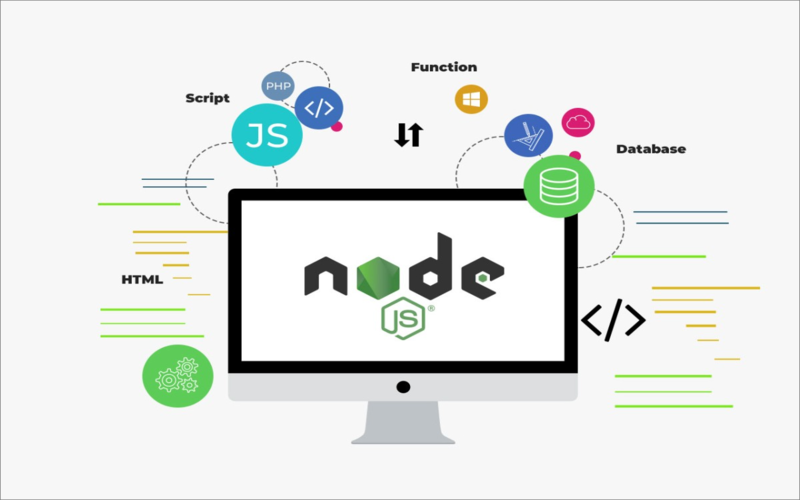
10. Fastify
Fastify is a web framework designed specifically for Node.js that prioritizes speed and efficiency. It has been extensively. Consistently outperforms frameworks when it comes to performance benchmarks. Fastify is particularly well-suited for developing optimized APIs and microservices.
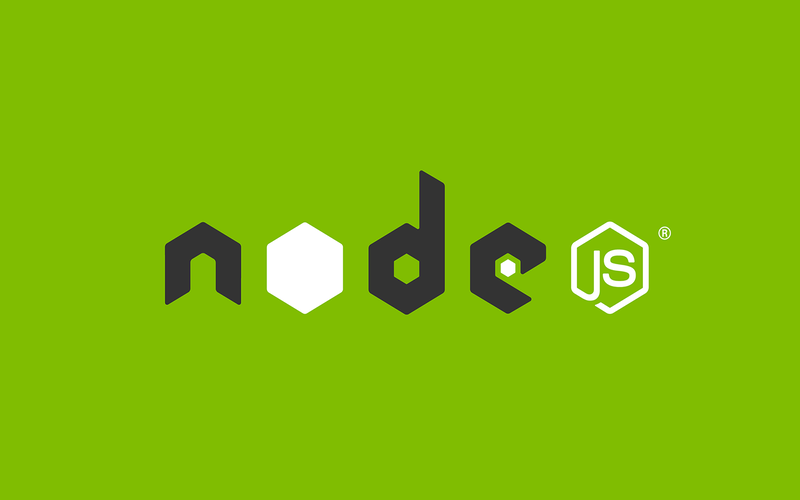
11. Strapi
Strapi is an open-source Content Management System (CMS) built using Node.js. It empowers developers to create APIs and seamlessly manage content effortlessly. Strapi supports databases, including MongoDB, PostgreSQL, MySQL, and SQLite.

12. Derby.js
Derby.js is a framework that allows developers to build real-time applications with ease. It employs a programming model that ensures client and server components synchronization. Derby.js shines when it comes to interactive applications.

13. Feathers.js
Feathers.js is an adaptable framework for constructing real-time applications and RESTful APIs. Its centric architecture offers flexibility while supporting MongoDB, MySQL, and PostgreSQL databases. Feathers.js also includes an authentication and authorization system out of the box.
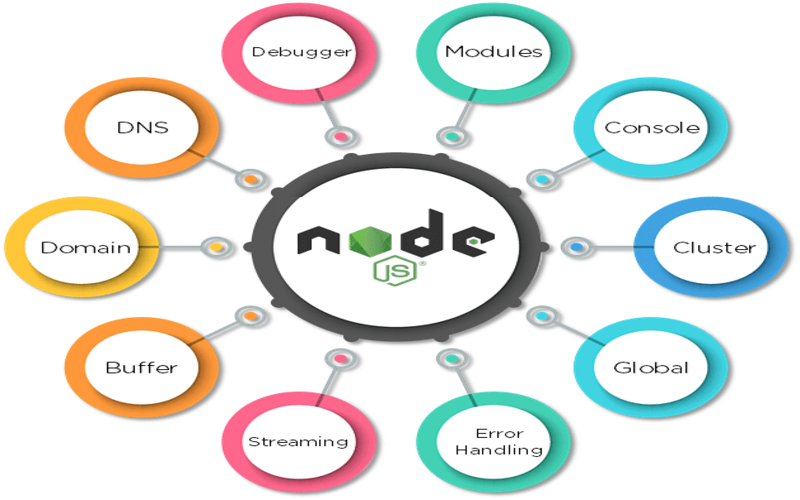
14. Restify
Restify stands out as a framework explicitly tailored for straightforwardly creating RESTful APIs. It simplifies tasks like versioning request validation and serialization by providing built-in support for these functionalities. Restify is in architectures based on microservices and APIs-driven applications. One of the benefits of Restify is its focus on performance. It is specifically designed to handle traffic and offers various features such as automatic handling of content negotiation response caching and rate limiting. Restify is in architectures that rely on microservices and applications powered by APIs, where efficient management of HTTP requests and responses holds importance. It provides a development experience enabling developers to create robust APIs.
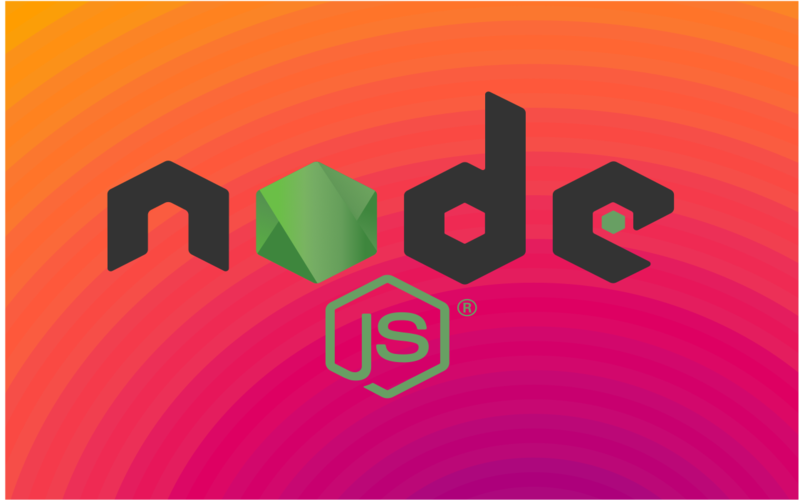
15. Mean.js
Mean.js is a JavaScript framework that combines MongoDB, Express.js, AngularJS, and Node.js to create full-stack applications. It offers a user-friendly approach, making it popular among developers. Mean.js stands out for its project structure, which aids in code comprehension and maintenance. Moreover, Mean.js integrates with front-end libraries and frameworks, enabling engaging user interfaces.
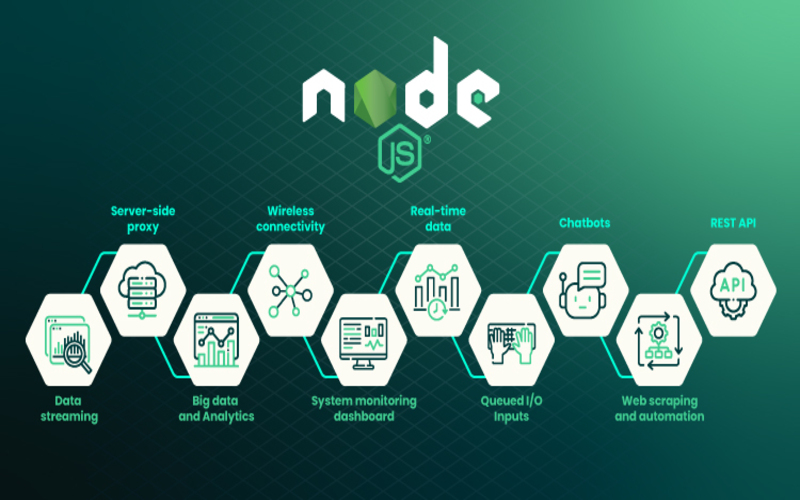
16. Keystone.js
Keystone.js is a CMS and web application framework built on Express.js and MongoDB. It boasts an admin interface supporting dynamic content types, database relationships, and user authentication. Developers find Keystone.js particularly useful when building content-driven applications due to its ability to define custom data structures effortlessly. Additionally, it comes with built-in user authentication and access control functionalities that cater to projects involving multiple user roles.
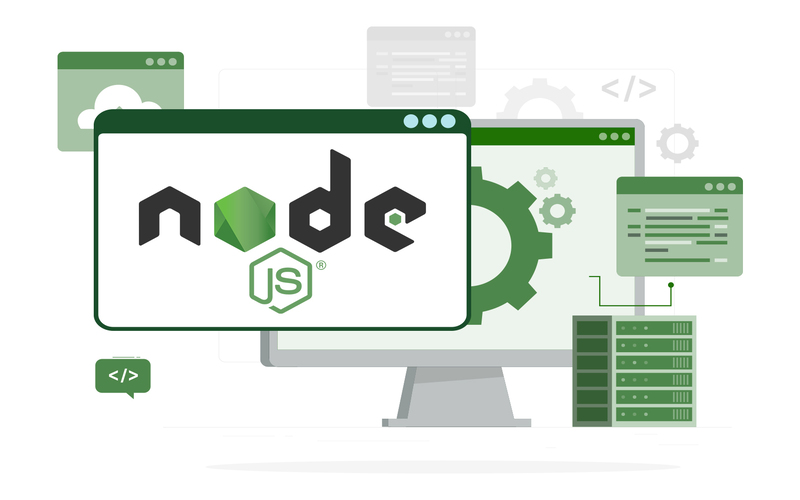
17. Mojito
Mojito is an MVC framework developed by Yahoo! for building adaptable web applications. It follows an architecture that promotes code reuse across projects. Mojito offers performance. Mojito is in architectures that rely on microservices and applications powered by APIs, where efficient management of HTTP requests and responses holds importance. It provides a development experience enabling developers to create robust APIs.
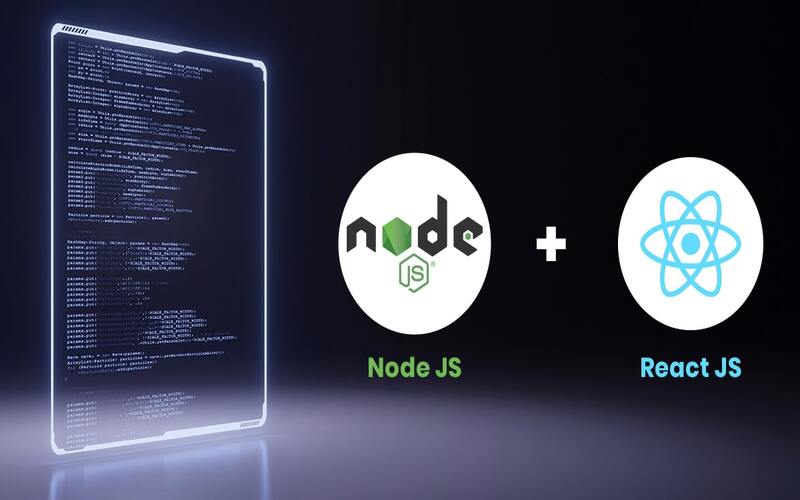
18. Kraken.js
Kraken.js stands out as an enterprise-ready framework designed for developing applications. It incorporates an architecture and adheres to industry practices for ensuring top-notch security and optimal performance. Kraken.js is particularly well suited for handling large-scale applications with demands.
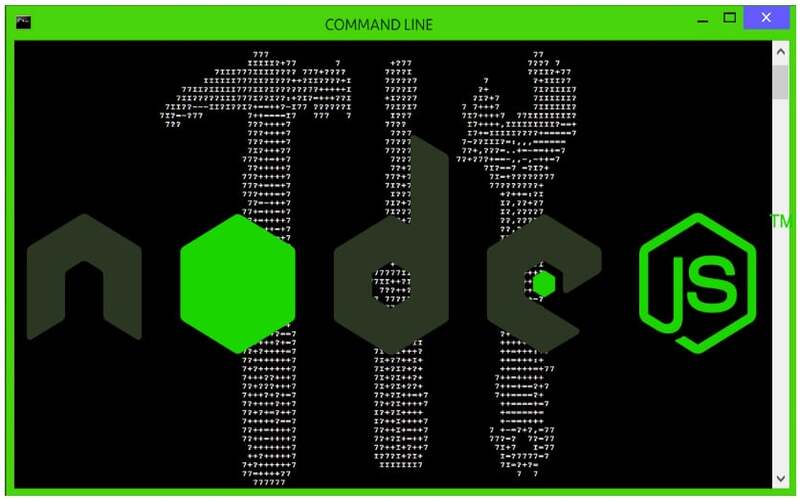
19. Trails
Trail is an opinionated framework that aims to facilitate the development of easily maintainable applications. It takes advantage of the features of ES6. It offers a plugin-based architecture. Trails are particularly well suited for creating microservices and distributed systems.
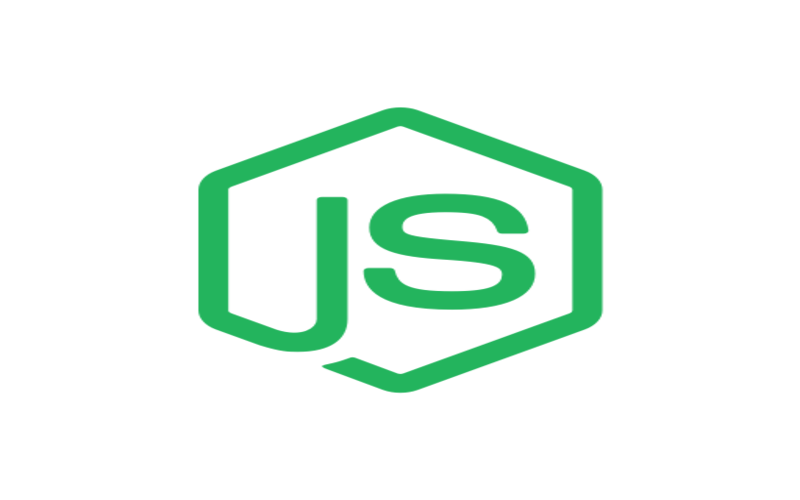
20. ActionHero
ActionHero is an extensible framework designed for building reusable APIs and microservices. It comes bundled with task scheduling, caching, and built-in chat capabilities. Additionally, ActionHero supports clustering to ensure availability and optimal performance.

Conclusion
Node.js frameworks play a role in simplifying and expediting the application development process. The frameworks above offer functionalities to cater to the needs of developers. When choosing a Node.js framework, it’s crucial to consider your project requirements to select the one that best aligns with your goals.

